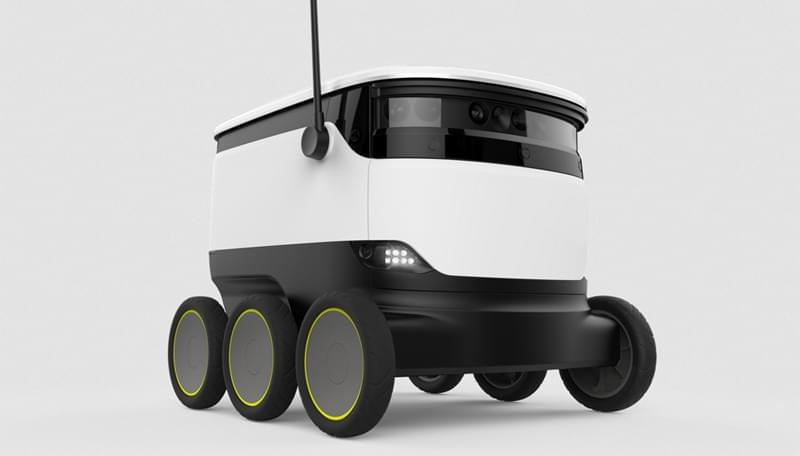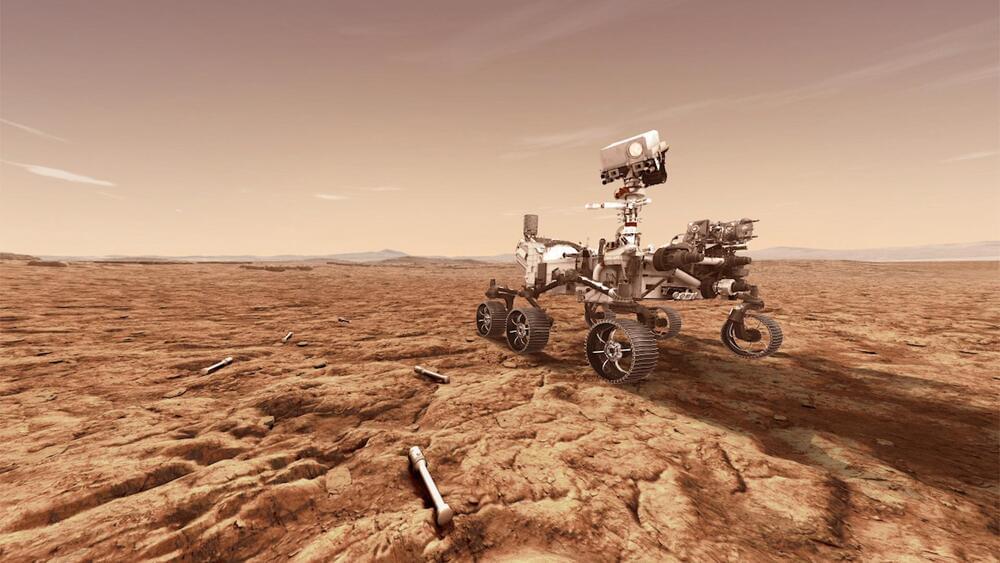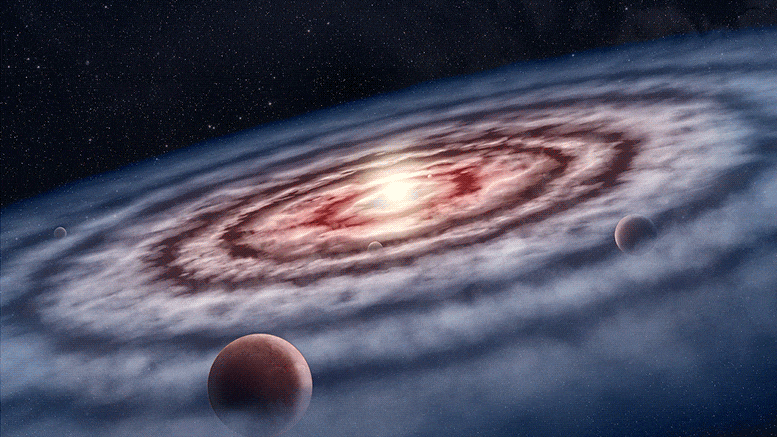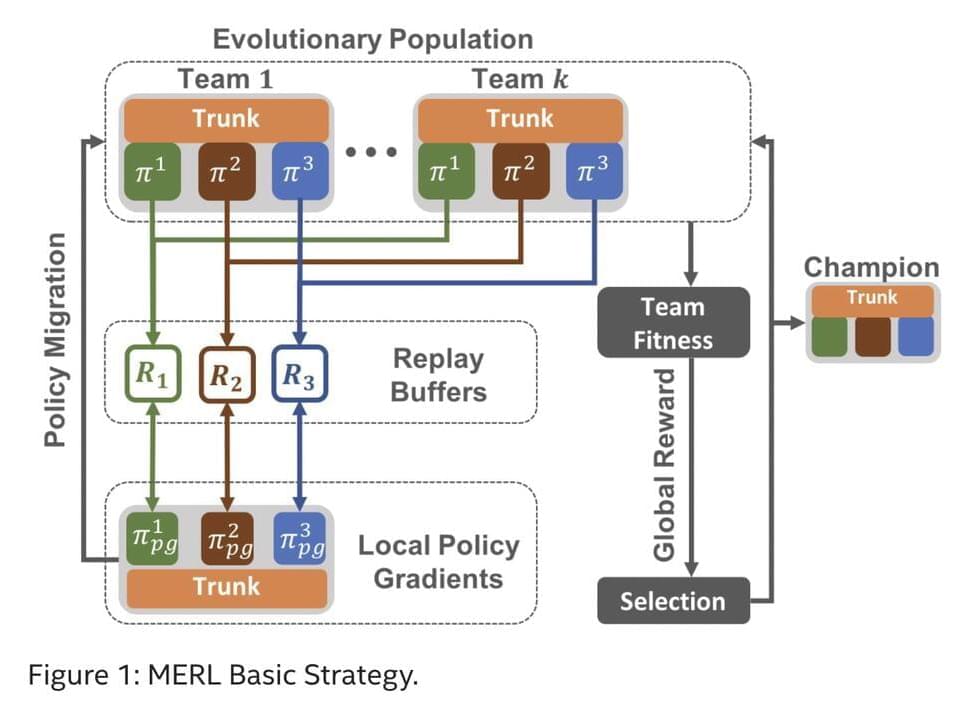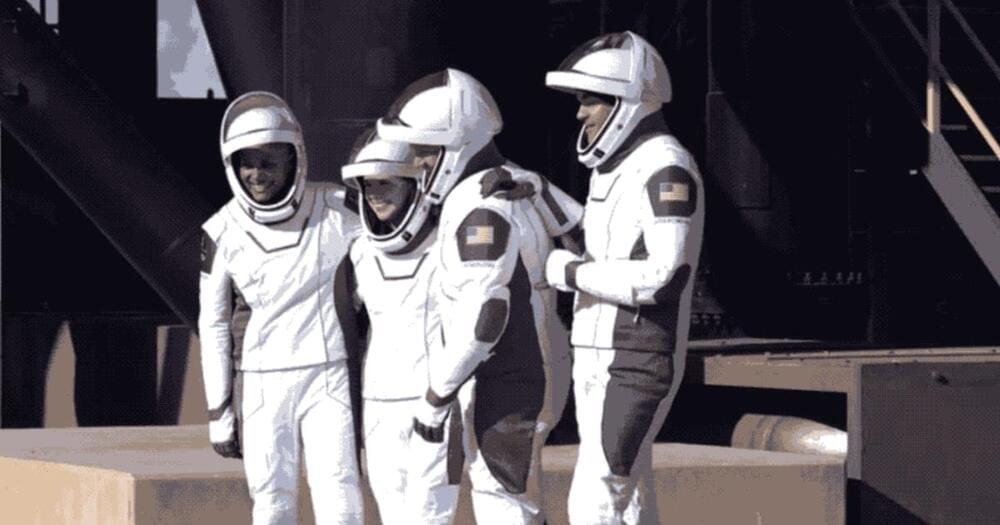
That fossil wasn’t enough to confirm Africa as our homeland. Since that discovery, paleoanthropologists have amassed many thousands of fossils, and the evidence over and over again has pointed to Africa as our place of origin. Genetic studies reinforce that story. African apes are indeed our closest living relatives, with chimpanzees more closely related to us than to gorillas. In fact, many scientists now include great apes in the hominid family, using the narrower term “hominin” to refer to humans and our extinct cousins.
In a field with a reputation for bitter feuds and rivalries, the notion of humankind’s African origins unifies human evolution researchers. “I think everybody agrees and understands that Africa was very pivotal in the evolution of our species,” says Charles Musiba, a paleoanthropologist at the University of Colorado Denver.
Paleoanthropologists have sketched a rough timeline of how that evolution played out. Sometime between 9 million and 6 million years ago, the first hominins evolved. Walking upright on two legs distinguished our ancestors from other apes; our ancestors also had smaller canine teeth, perhaps a sign of less aggression and a change in social interactions. Between about 3.5 million and 3 million years ago, humankind’s forerunners ventured beyond wooded areas. Africa was growing drier, and grasslands spread across the continent. Hominins were also crafting stone tools by this time. The human genus, Homo, arrived between 2.5 million and 2 million years ago, maybe earlier, with larger brains than their predecessors. By at least 2 million years ago, Homo members started traveling from Africa to Eurasia. By about 300,000 years ago, Homo sapiens, our species, emerged.
